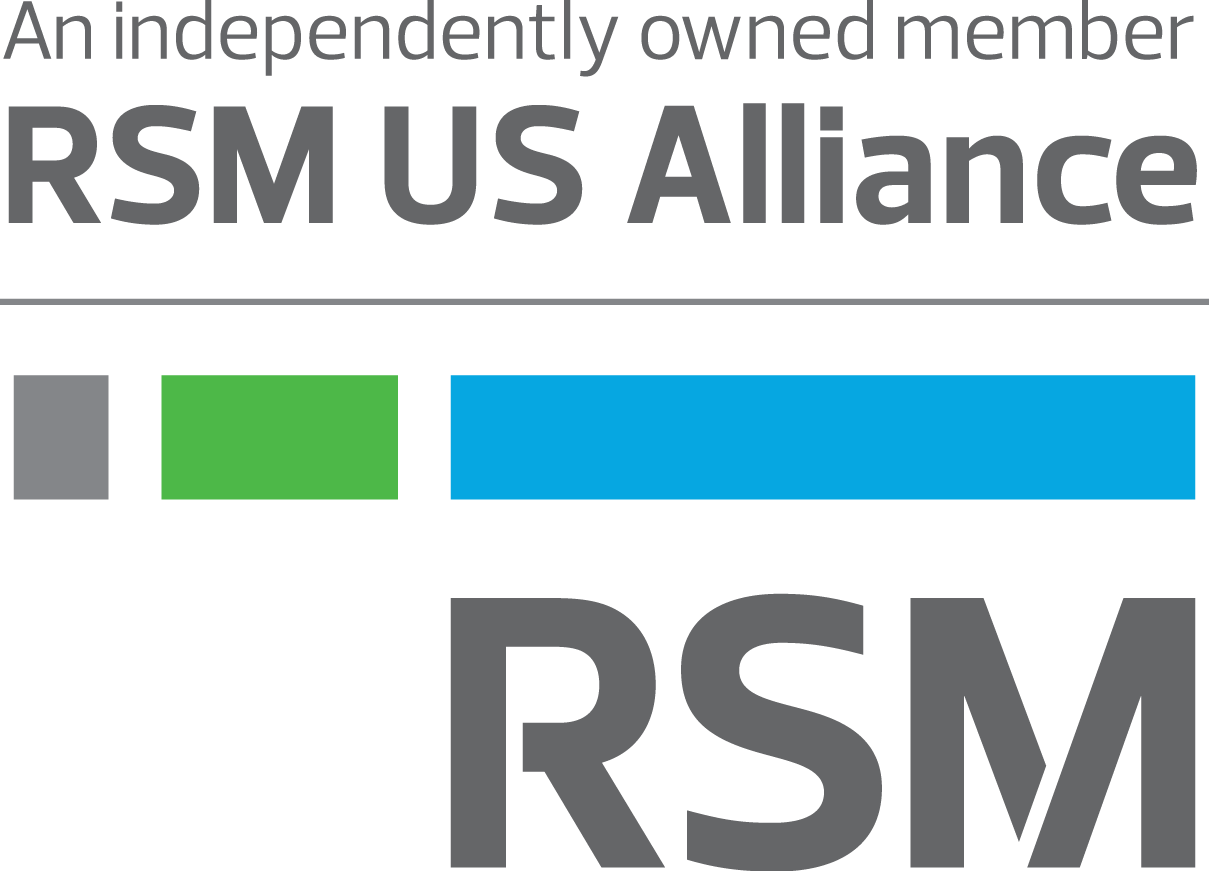IRS and Treasury have released final regulations for like-kind exchanges under section 1031 (TD 9935). The final regulations make some substantial changes from the proposed versions – most notably by deferring to state and local law to determine when property is considered real property for purposes of section 1031. The new regulations implement Congress’s overhaul of like-kind exchange when it passed TCJA, which restricted section 1031 to exchanges of interests in real property. Note the new regulations create a definition for real property that is specific to section 1031 and not intended to influence any other sections.
The most significant aspect of the new regulations is the definition of what constitutes real property. Under the new rules, property is considered real property for purposes of section 1031 if (a) it is classified as real property under state and local law, subject to certain exceptions; (b) it is property listed as real property in the regulations; or (c) it is considered real property based on all the facts and circumstances, using the factors given in the regulations.
The proposed regulations de-emphasized state and local law classifications, focusing instead on a new statutory framework with enumerated examples of real property and processes for property that does not fit neatly into any particular category. However, many comments on the proposed regulations argued that the new framework didn’t fully carry out Congressional intent that property qualifying as real property before TCJA should continue to qualify after TCJA. State and local law classifications were the most important factor in determining whether property represents real property under section 1031, so looking to state and local law helps maintain continuity.
The final regulations also declined to include the ‘purpose or use’ test introduced by the proposed regulations. Under the proposed regulations, the use or function of property was a key component in analyzing whether property represented real property. Certain tangible or intangible property could not be classified as real property if it contributed to the production of income unrelated to the use or occupancy of space. Under the final regulations, tangible property that is permanently affixed to real property and that will ordinarily remain affixed for an indefinite period of time, as well as structural components integrated into real property, will generally qualify as real property. The final regulations further define the terms ‘permanently affixed,’ to add clarity.
The final regulations clarify that certain permits and licenses to use inherently permanent structures qualify as real property. However, the IRS declined to add additional rules to help classify easements or leaseholds. The final regulations further include the allowance that up to 15% of the value of property transferred in an exchange may be personal property without presenting a problem to the identification or triggering the receipt of exchange funds problem of Reg. section 1.1031(k)-1(g)(6). See our tax alert on the proposed regulations for more detail on these provisions.
Takeaways
The final regulations present a broader definition of real property than was offered by the proposed regulations. The final regulations include some additional clarity, but mostly expand the types of property that can qualify. Taxpayers must still assess the question on an asset-by-asset basis, and are encouraged to plan like-kind exchanges with their tax advisor to make sure they qualify.
This article was written by Marty Verdick, John Charin and originally appeared on 2020-11-24.
2022 RSM US LLP. All rights reserved.
https://rsmus.com/insights/tax-alerts/2020/irs-releases-final-regulations-on-like-kind-exchanges.html
The information contained herein is general in nature and based on authorities that are subject to change. RSM US LLP guarantees neither the accuracy nor completeness of any information and is not responsible for any errors or omissions, or for results obtained by others as a result of reliance upon such information. RSM US LLP assumes no obligation to inform the reader of any changes in tax laws or other factors that could affect information contained herein. This publication does not, and is not intended to, provide legal, tax or accounting advice, and readers should consult their tax advisors concerning the application of tax laws to their particular situations. This analysis is not tax advice and is not intended or written to be used, and cannot be used, for purposes of avoiding tax penalties that may be imposed on any taxpayer.
RSM US Alliance provides its members with access to resources of RSM US LLP. RSM US Alliance member firms are separate and independent businesses and legal entities that are responsible for their own acts and omissions, and each are separate and independent from RSM US LLP. RSM US LLP is the U.S. member firm of RSM International, a global network of independent audit, tax, and consulting firms. Members of RSM US Alliance have access to RSM International resources through RSM US LLP but are not member firms of RSM International. Visit rsmus.com/aboutus for more information regarding RSM US LLP and RSM International. The RSM(tm) brandmark is used under license by RSM US LLP. RSM US Alliance products and services are proprietary to RSM US LLP.

Keegan Linscott & Associates, PC is a proud member of RSM US Alliance, a premier affiliation of independent accounting and consulting firms in the United States. RSM US Alliance provides our firm with access to resources of RSM US LLP, the leading provider of audit, tax and consulting services focused on the middle market. RSM US LLP is a licensed CPA firm and the U.S. member of RSM International, a global network of independent audit, tax and consulting firms with more than 43,000 people in over 120 countries.
Our membership in RSM US Alliance has elevated our capabilities in the marketplace, helping to differentiate our firm from the competition while allowing us to maintain our independence and entrepreneurial culture. We have access to a valuable peer network of like-sized firms as well as a broad range of tools, expertise, and technical resources.
For more information on how Keegan Linscott & Associates, PC can assist you, please call (520) 884-0176.



